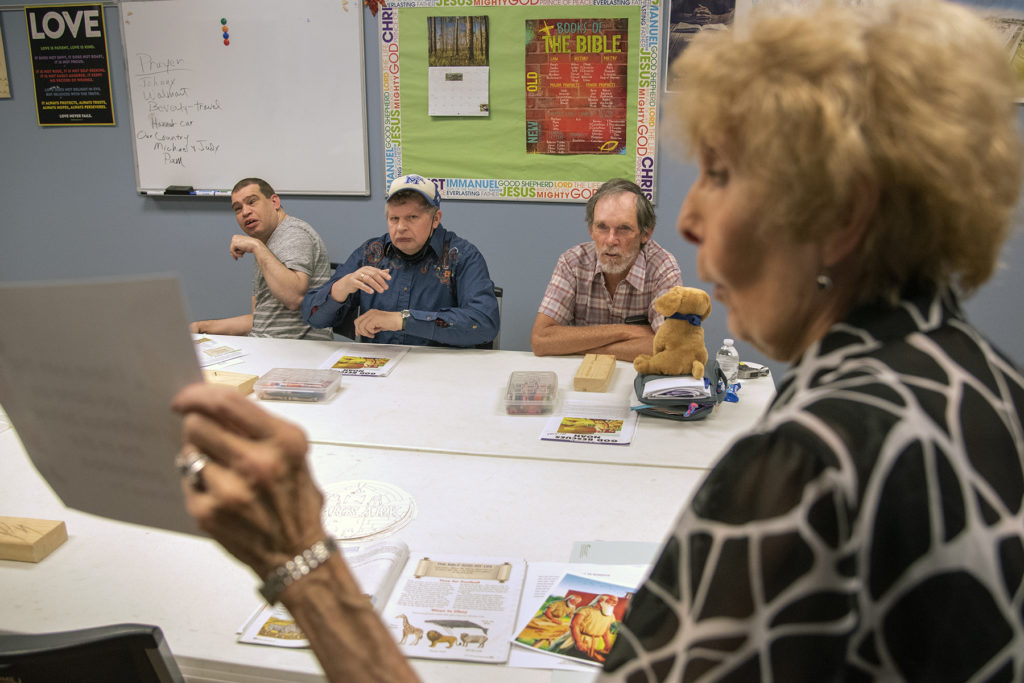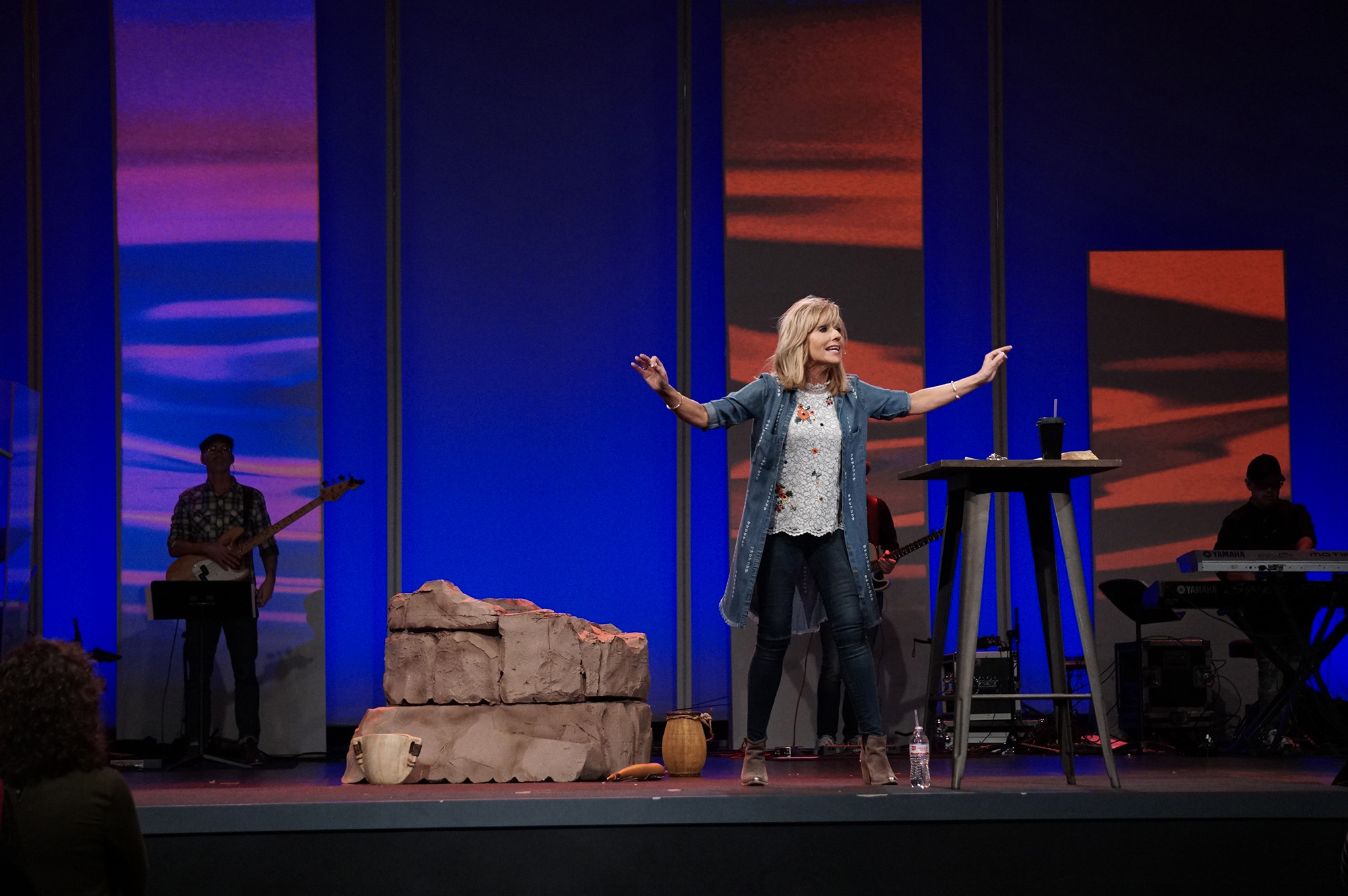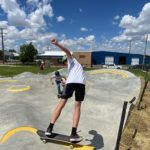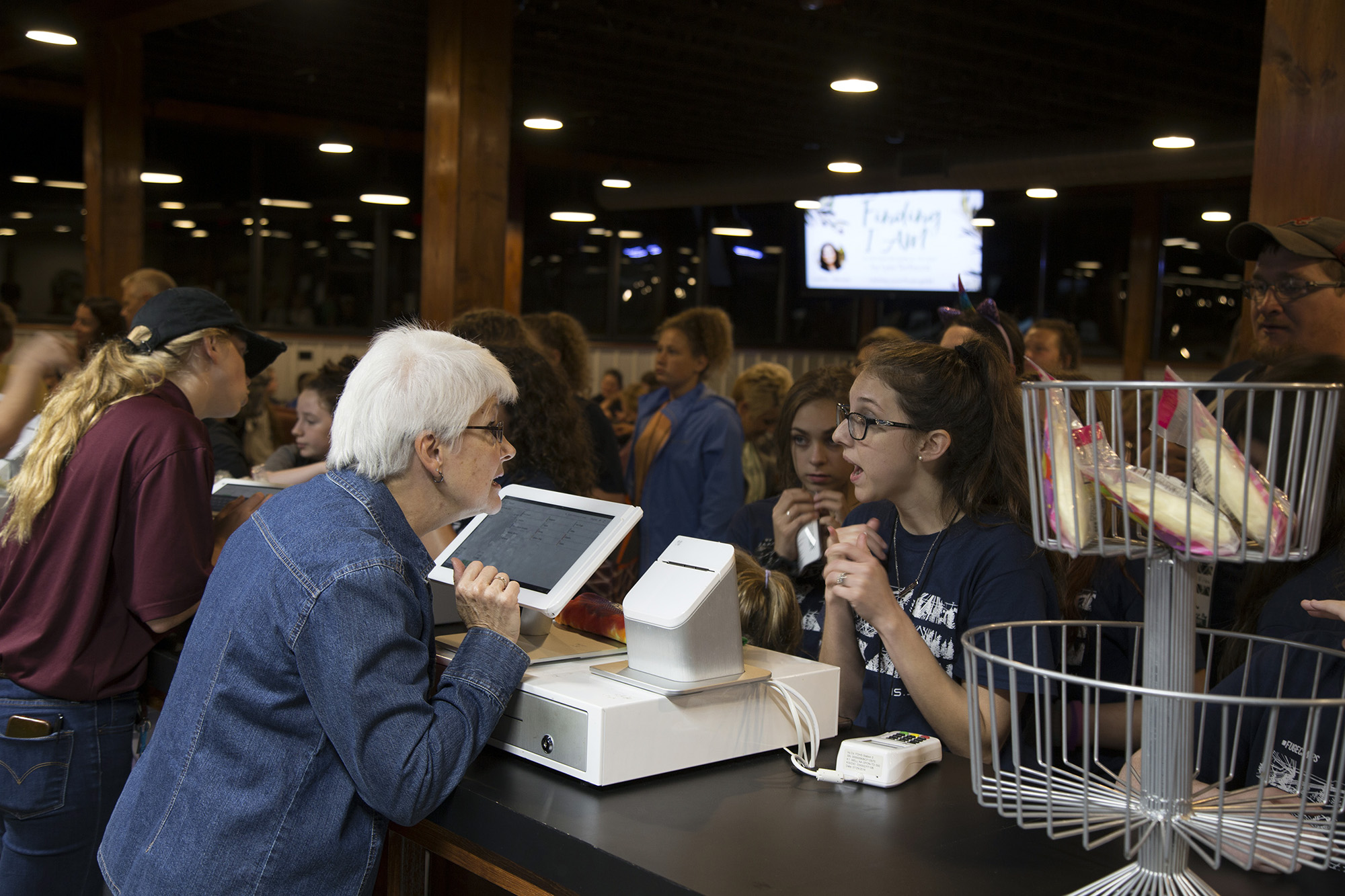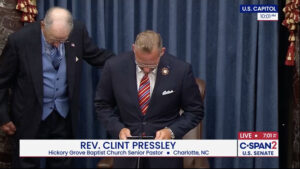
NASHVILLE (BP) – Andy is the kind of guy everyone enjoys being around. When he enters a room at Longview Heights Baptist Church in Olive Branch, Miss., everyone knows he’s there. Andy loves people, and people love Andy.
But illness when Andy was young left him with brain damage. A regular adult Sunday School classroom wouldn’t work for him. He would struggle, and others would struggle to learn with him in the classroom.
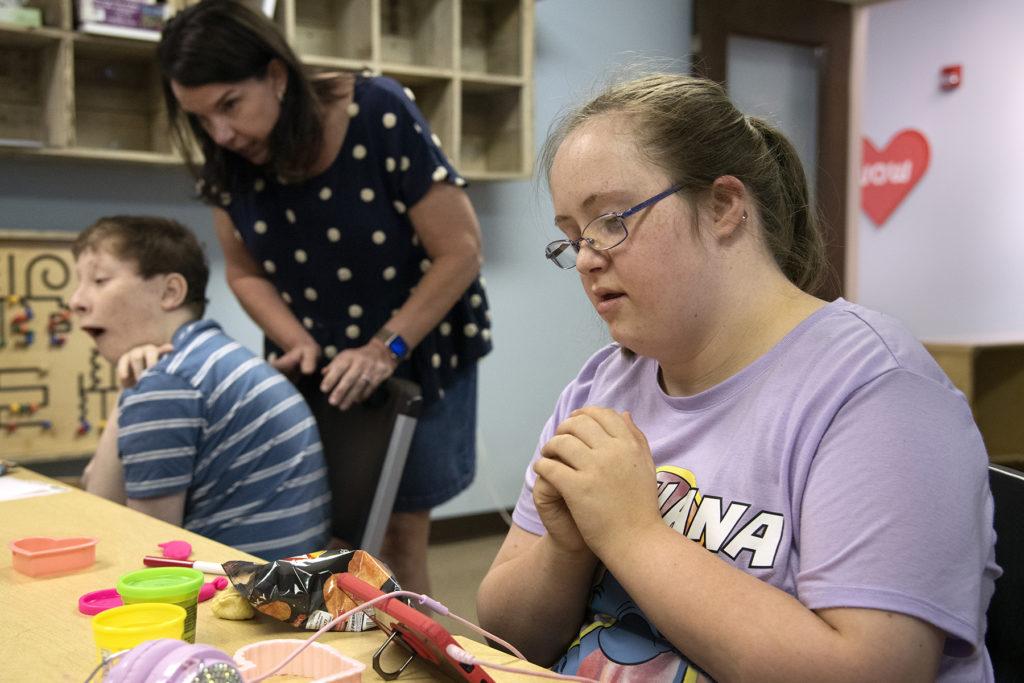
That’s one reason Longview Heights has three special needs Sunday School classes, so people like Andy (and his parents) can learn more about Jesus. While Andy was in his adult special needs class, his parents were able to attend their own Sunday School class.
“They had never been introduced to the Gospel,” said Lisa Wilson, the church’s special needs ministry director. “Through their son and finding an activity that he can do, it introduced [the family] to the Gospel.”
Currently, the church has about 20 adults in its special needs Sunday School classes. The program is called Four Friends, which comes from the account in Mark 2 when four friends lowered their friend through the roof to see Jesus – because everyone should have the chance to know Jesus.
Lifeway’s Access curriculum, which is specifically designed for adults with special learning needs, helps the church facilitate those Bible study classes.
“Many of these families raised these individuals not being able to go to church because nobody had a place for them,” Wilson said. “It is a success for us to let those parents be able to drop their students off, knowing that they’re being taken care of, and taught God’s Word, and then be able to be in class themselves. With that, comes siblings, too, because you’re looking at the entire family unit when you’re opening your church for special needs ministry.”
Wilson says having a curriculum like Access is critical to the church’s ability to minister to the unique needs of adults like Andy.
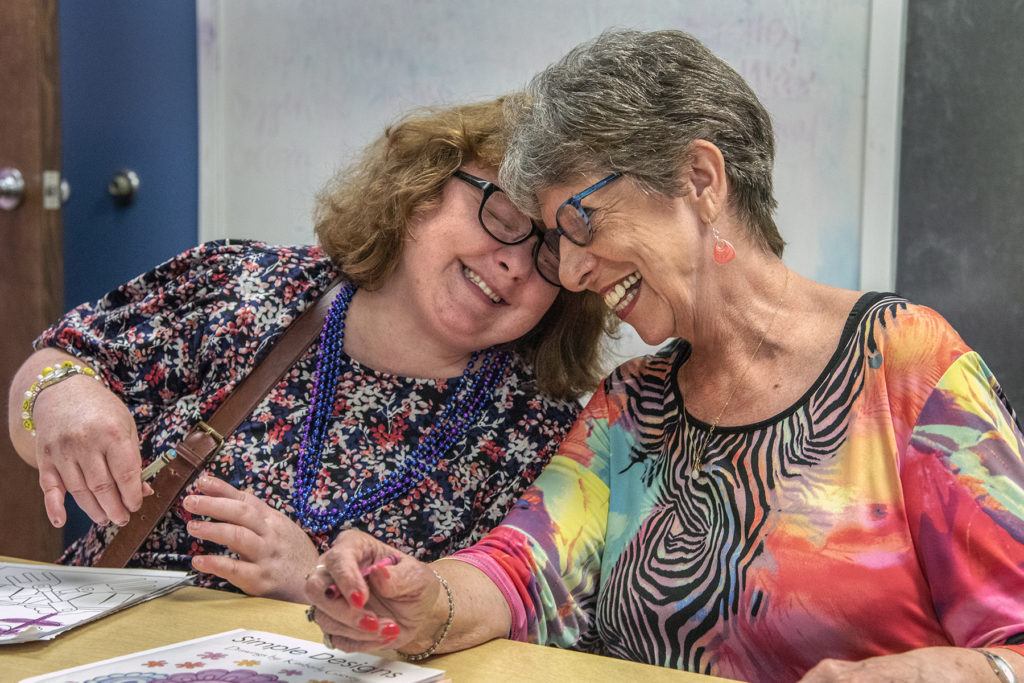
“Their mental age is not equivalent to their birth age, which means they need to be taught on a different level than what their age is,” Wilson said. “If you had them in a regular classroom, they might just sit there and be quiet, but they wouldn’t understand. They need to be taught in other ways.”
Wilson notes that adults with special needs still enjoy hands-on activities that likely wouldn’t work in other adult classrooms.
“They also need friendships with others,” Wilson said. “That’s a part of our ministry and our Sunday School experience. That’s their peer group. There are others like them, and it provides them with a place to be themselves.”
Alice Stegemann, who edits the Access curriculum for Lifeway, developed a lifelong passion to minister to those with special needs through her relationship with her brother. Born in 1959, Stegemann’s brother is blind, deals with autism, and is developmentally delayed. Stegemann took on the challenge to help her little brother learn how to do many of the normal activities other kids could do – from riding a tricycle to learning musical notes.
By the time she was in high school, Stegemann knew she wanted to be a special education teacher. Today she has both a seminary degree and a post-graduate degree in special education.
Stegemann believes it’s important for churches to think of the spiritual needs of adults with special needs as they’re planning their Sunday School programming. While adults with special needs often have little trouble understanding their need for a Savior, understanding the Bible can be a challenge.
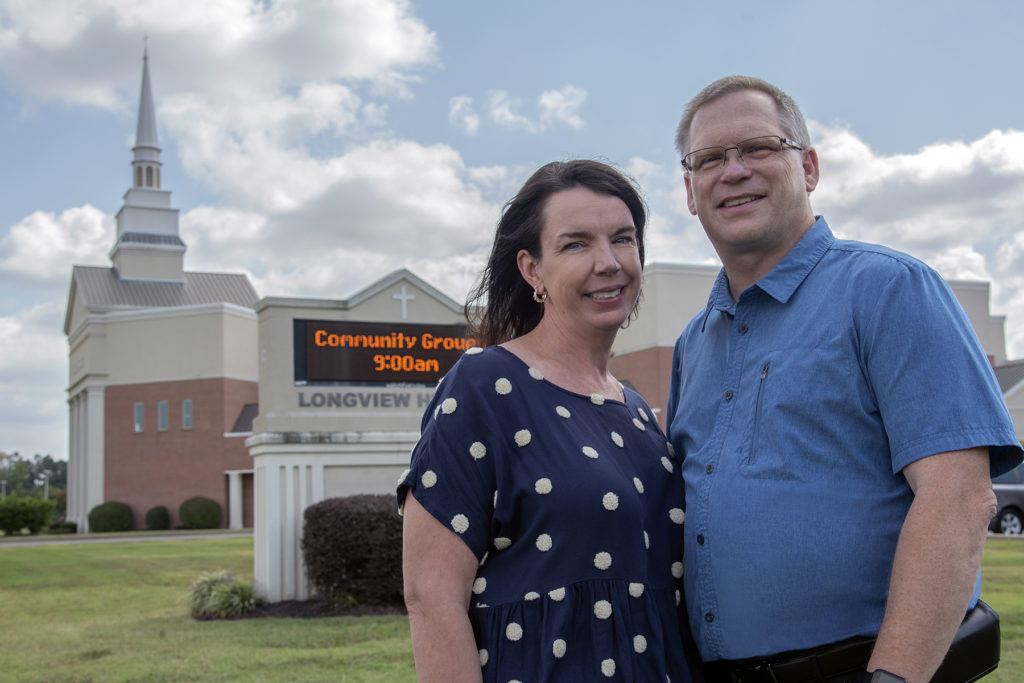
“Understanding what the Bible communicates to us, how to apply the biblical principles for life, that may be on a level that’s a little harder to comprehend,” Stegemann said. “If the Bible is not communicated in language that’s on their level, that they can understand, in some ways, you’re neglecting their spiritual growth if you’re not providing for them in a way they can understand the biblical message.”
To meet this need, the Access curriculum includes hands-on activities, such as crafts, that fit the Bible lessons, so students can learn in a tactile manner. Written simply, the content strives to fit the student’s learning level and life experiences.
“When you’re looking at curriculum, you do want to look at something that’s age appropriate. That it’s accessible in terms of the level,” Stegemann said. “But you also want something that’s appropriate to the kind of life circumstances an adult with special needs would have, so the adult would be able to relate to it, and more clearly see how it applies to their lives.”
Stegemann says churches of any size can benefit from the curriculum. Even if a church only has one or two adults with special needs, a volunteer or two from church can go through the material in an even smaller environment than a typical Sunday School class.
“From a teacher standpoint, it has ease of use,” Stegemann said. “When the curriculum asks for materials to use, we try to use things that are readily at hand, so it doesn’t create an extra expense. And as far as preparation, it depends on how much you want to go into it. You can spend a lot of time preparing, but if you’re limited in time, you can pull back on it and do a simpler approach.”
